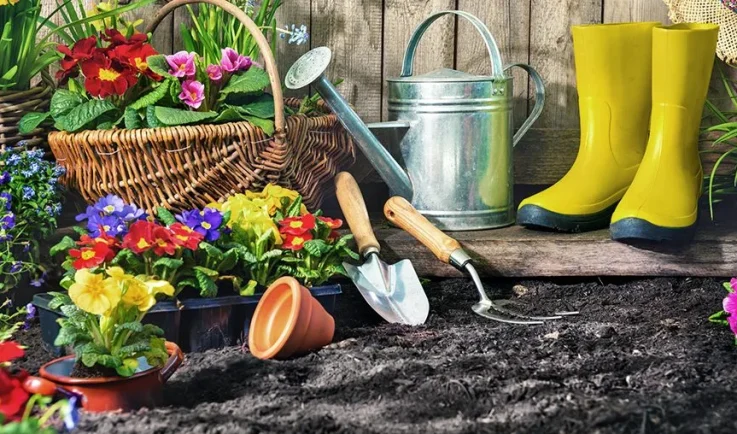Creating an organic and eco-friendly garden is not only a rewarding endeavor but also a crucial step towards preserving the environment and fostering biodiversity. By adopting chemical-free practices, you can nurture a thriving garden that promotes the health of both the ecosystem and those who enjoy its beauty. At the heart of an organic garden
